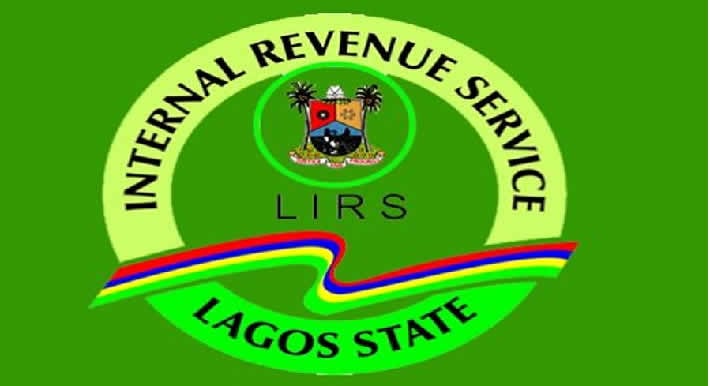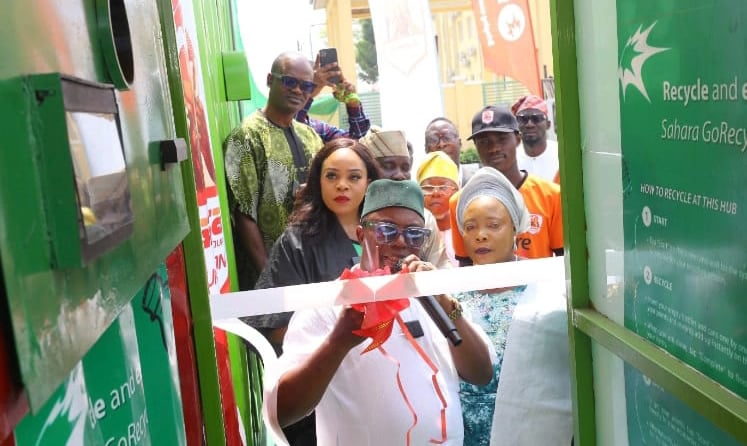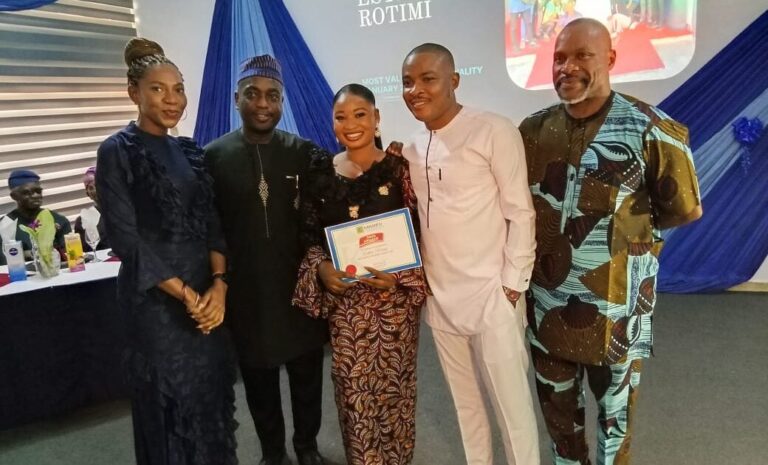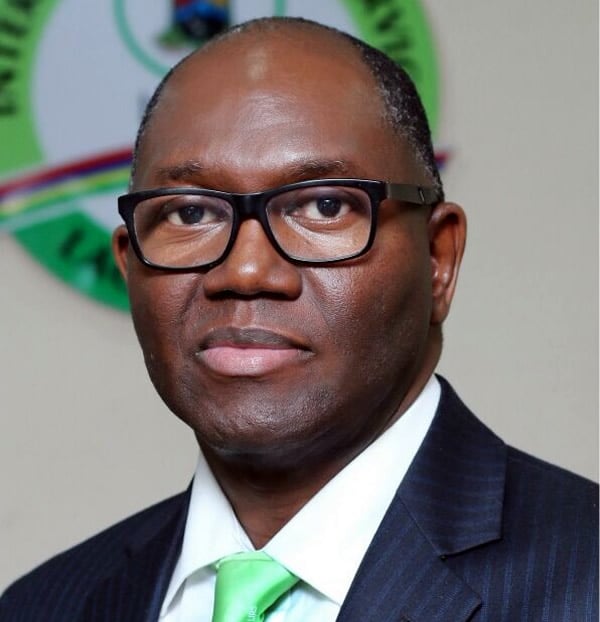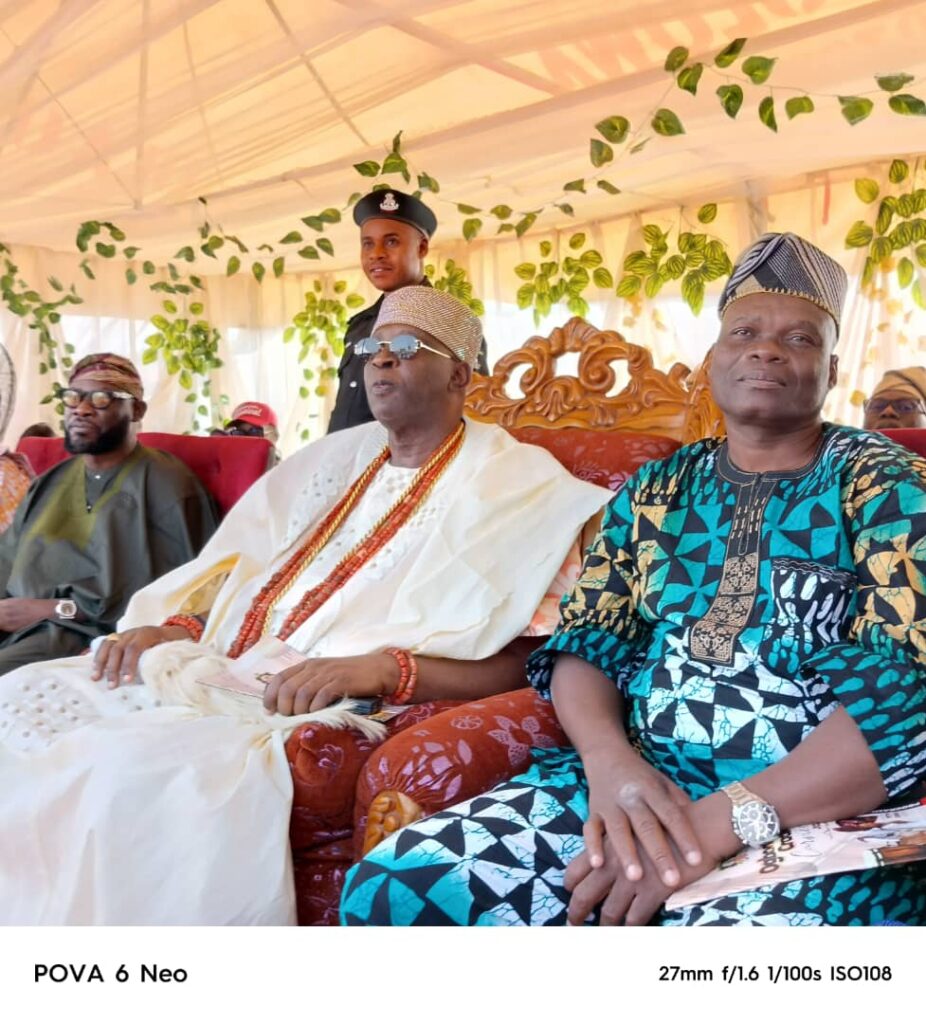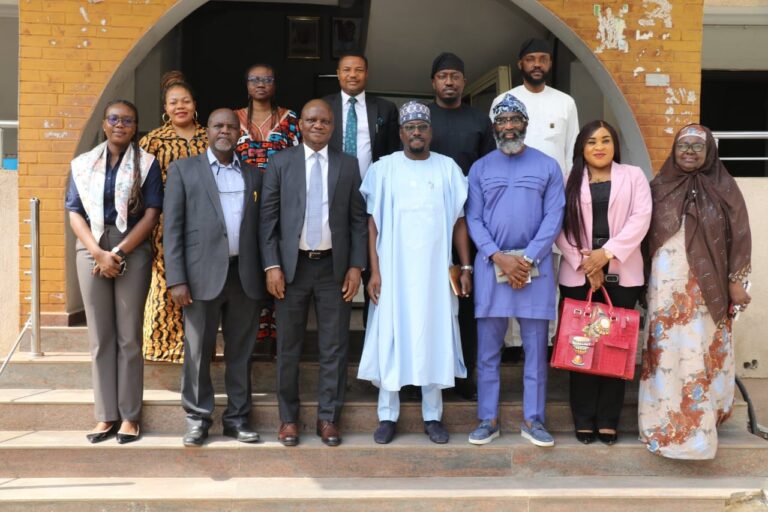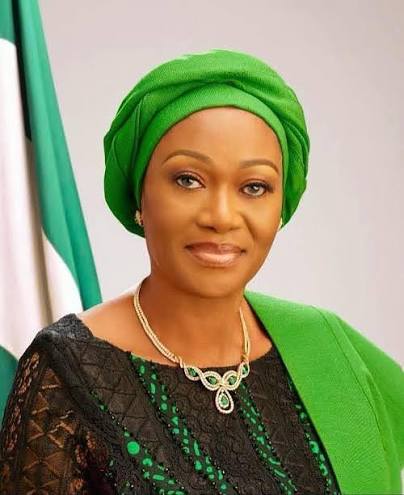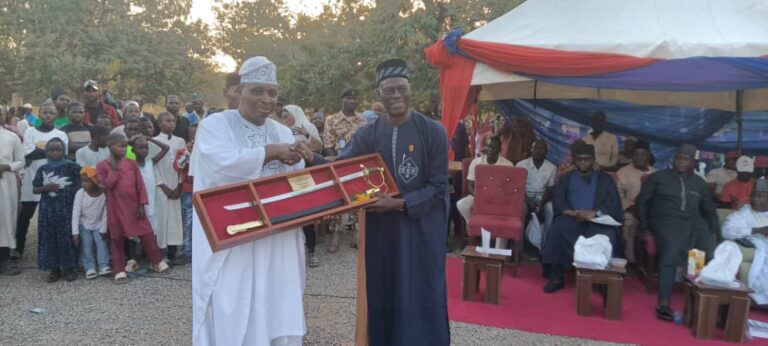The Soun of Ogbomosoland, Oba Ghandi Afolabi Olaoye Orumogege III, has unfolded a 25-year development plan for the community. This is as he reaffirmed his commitment to the growth of his community and the region.
The monarch made this disclosure during the recent celebration of the Ogbomoso Cradles Carnival, an ambitious five-day cultural event designed to celebrate and promote the region’s rich cultural heritage. It was celebrated with pomp at the iconic Ogunlola Hall in Ogbomosoland, Oyo State.
Oba Orumogege III said the development plan is a divine mandate aimed at transforming Ogbomosoland into a hub of economic and cultural prosperity.
“This 25-year development agenda is a vision from God. It is not my personal agenda but what God wants to accomplish through us in Ogbomoso, ignore any distractions; my focus remains solely on achieving this vision for development.”
The monarch also paid tribute to Oyo State Governor, Seyi Makinde for his support and expressed appreciation to the Federal Ministry of Arts, Culture, Tourism, and Creative Economy, for recognising the carnival as a key cultural event in the Southwest.
The Minister for Culture, Tourism, and Creative Economy, Hannatu Musawa, represented by Abiola Abdulraheem, commended the Soun for his efforts to promote Ogbomoso’s cultural legacy. “This carnival is a testament to the enduring value of culture in fostering unity and development,” she noted.
While Oyo State Commissioner for Oyo State Commissioner for Culture and Tourism, Dr Wasiu Olatubosun, applauded the initiative, describing it as a significant step in positioning Ogbomosoland as a cultural and tourism destination.
“This is my first time attending a cultural event here, and I am deeply impressed by the scale and vision of this carnival,” he said.
Chairman of the Organising Committee, Mr Williams Adeleye, stated that the carnival is more than a celebration, saying, “it is a strategic vision to unite the people, boost economic growth, and place Ogbomosoland on the global cultural map.”
The debutant carnival brought together traditional rulers, government officials, cultural enthusiasts, and the wider community to experience the colourful display of the cultural heritage of the people.
It featured a parade by revellers in colourful attires, traditional dances and music, display by masquerades, and exhibitions of indigenous crafts, with the attendees also treated to a variety of local delicacies including Amala with Gbegiri, Ekuru and Eko, Sakada, and Agbon, Sapala, Igbalo, Oole, Sikin, Akara Egbe, Robo, and Atunu.

